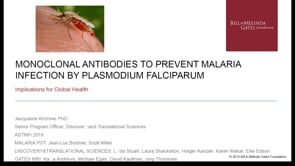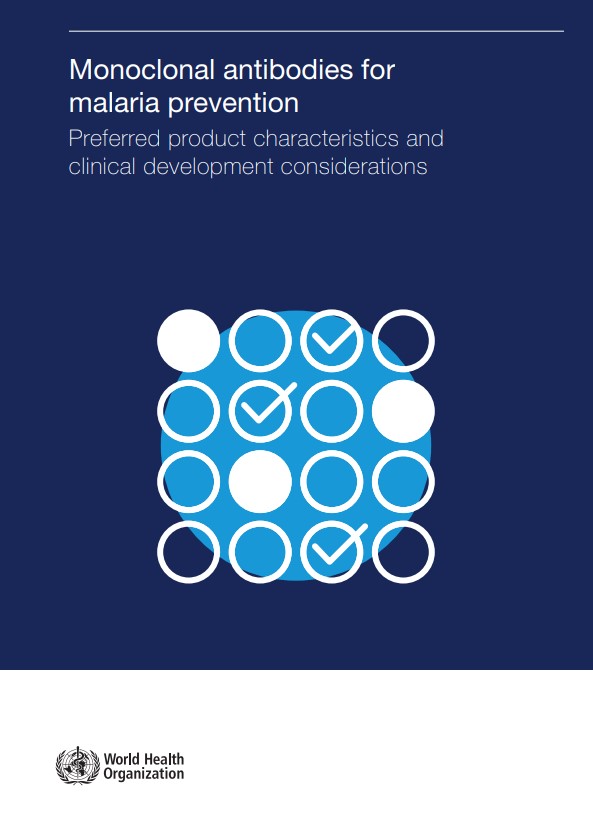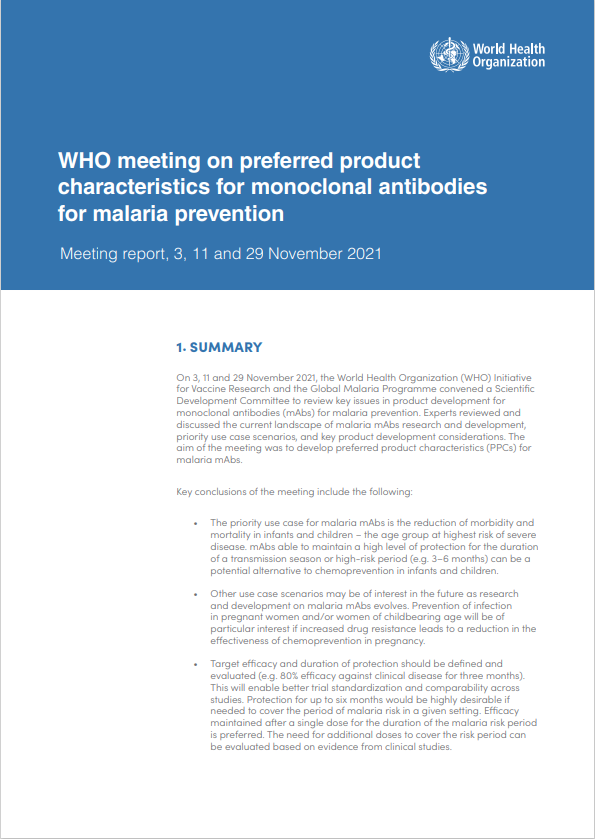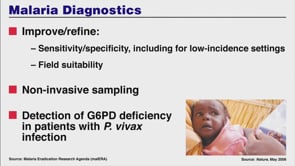ASTMH 2019, Jacqueline Kirchner: “Monoclonal Antibodies to prevent Malaria infection by plasmodium falciparum”
Collaborator(s): Gates Foundation (GF), United States
Published: 22/11/2019
In collaboration with ASTMH, Image Audiovisuals, and session presenters, MESA brings you this webcast from the 68th ASTMH annual meeting in Maryland, November 2019.
Title: “Monoclonal Antibodies to prevent Malaria infection by plasmodium falciparum”
Speaker: Jacqueline Kirchner, Bill & Melinda Gates Foundation, Seattle, WA, United States
Session information:
Session 67: Human Monoclonal Antibodies against Malaria – A New Paradigm for Prevention
November 22, 2019, 4:00 PM – 5:45 PM, Maryland B (Ballroom Level)
Abstract:
The World Health Organization recently reported that progress against malaria has stalled and even reversed in some regions. This report underscores the urgent need to accelerate the development of interventions that target all stages of the malaria life-cycle to prevent disease and death, reduce transmission and ultimately eliminate malaria. Recent vaccine trials in endemic areas either with subunit or attenuated parasite vaccines have not demonstrated high-level efficacy in preventing malaria infection. These results underscore the need to re-evaluate and improve malaria vaccine design, as well as to discover alternative immune interventions to prevent malaria. Over the last few years, a number of scientific discoveries have been made based on the isolation of a large panel of human monoclonal antibodies against highly conserved pre-erythrocytic or blood stage targets. The biochemical and structural analysis of antibody binding to specific target antigens has identified new sites of neutralization, providing a rational approach for structure-based vaccine design. Moreover, the ability of such antibodies to mediate protection in mouse or non-human primate models of malaria infection should facilitate their translation to prevent malaria in humans. In this Symposium, the speakers will focus on the in vivo protective capacity of newly isolated human monoclonal antibodies to the pre-erythrocytic circumsporozoite protein and the conserved blood-stage antigen RH5. The presentations will focus on immune mechanisms of protection in vivo relating to the role of Fc effector function and inhibitory capacity in the skin and liver. In addition, data will be presented on a new high-throughput method to isolate monoclonal antibodies against multiple stages (pre-erythrocytic, blood stage and transmission) of the malaria parasite life cycle. In addition to the scientific presentations, discussion will focus on the clinical applications of using monoclonal antibodies for prevention of malaria in a variety of settings. This will include seasonal prevention and elimination in defined areas. A key aspect of this presentation will be the requirements related to antibody potency, half-life and cost. The overall goal of the symposium is to highlight how the isolation of monoclonal antibodies from vaccine studies and natural infection is a powerful approach that can reveal critical scientific insights into the underlying mechanisms of protection from malaria and provide a roadmap for the use of such antibodies to prevent malaria infection.
THEMES: Immunology



